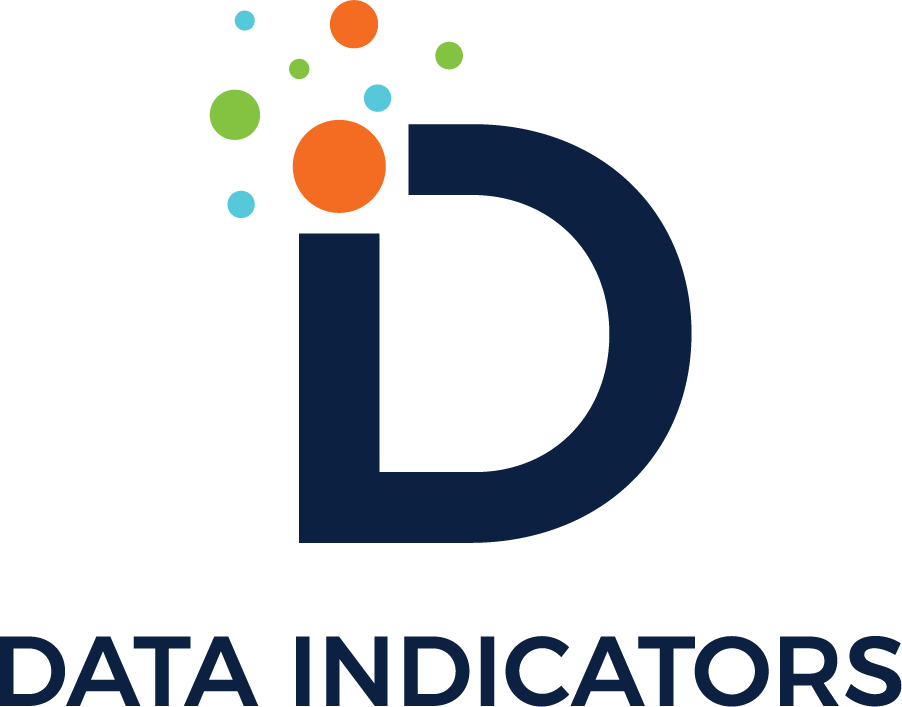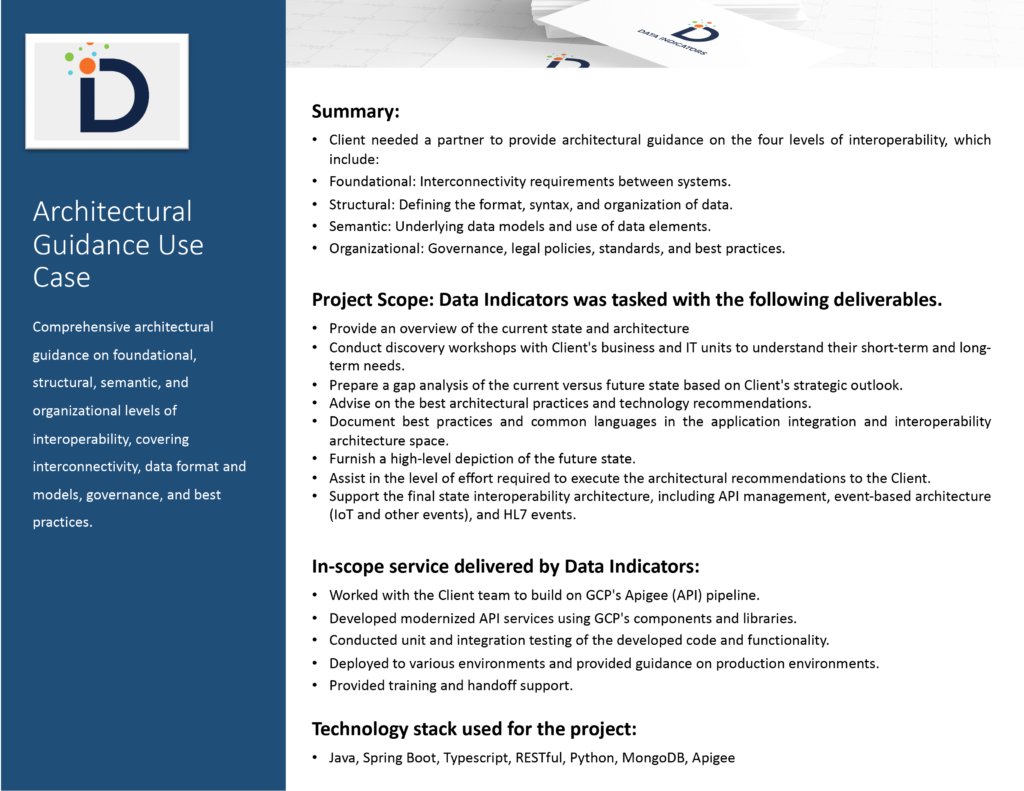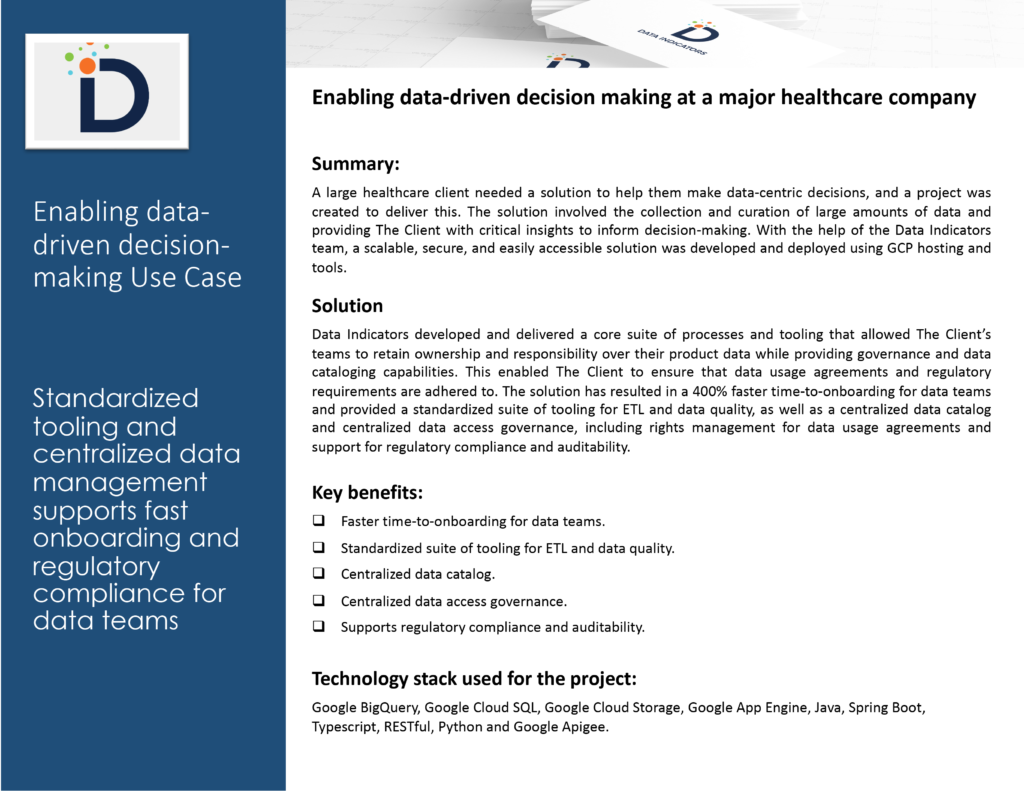Garmin Privacy Policy
- Home
- Garmin Privacy Policy
OptiFit Security and Privacy Policy
Last Updated: July 7, 2025
At OptiFit (“we,” “us,” or “our”), we are committed to protecting the privacy and security of our users’ personal information. This Security and Privacy Policy (“Policy”) explains how we collect, use, store, share, and protect the data we obtain through your use of our mobile application (“App”), which integrates with the Garmin API to import and process activities from Garmin watches. By using the App, you agree to the terms outlined in this Policy.
1. Information We Collect
We collect the following types of information to provide and improve our services:
1.1. Personal Information
- Account Information: When you sign up for or use the App, we may collect your name, email address, and any other information you provide to create or manage your account.
- Garmin API Data: With your explicit consent, we access and import activity data from your Garmin account via the Garmin API. This may include:
- Fitness and activity data (e.g., steps, distance, heart rate, calories burned, sleep data, etc.).
- Device information (e.g., Garmin watch model, device ID).
- Other health or wellness data you authorize us to access.
- User-Provided Information: Any additional information you voluntarily provide, such as feedback, preferences, or survey responses.
1.2. Non-Personal Information
- Usage Data: We collect anonymized data about how you interact with the App, such as session duration, features used, and navigation patterns.
- Device Information: We may collect information about your mobile device, including device type, operating system, IP address, and unique device identifiers.
- Analytics Data: We use third-party analytics tools to collect aggregated data to understand app performance and user behavior.
1.3. Sensitive Data
We treat health and fitness data as sensitive personal information and apply enhanced safeguards to protect it.
2. How We Use Your Information
We use the information we collect for the following purposes:
- To Provide Services: To import, process, and display your Garmin watch activity data within the App.
- To Improve the App: To analyze usage patterns, troubleshoot issues, and enhance functionality and user experience.
- To Communicate: To send you updates, notifications, or respond to your inquiries.
- To Personalize: To tailor content or features based on your preferences or activity data.
- To Comply with Legal Obligations: To meet applicable legal or regulatory requirements.
- For Security: To detect, prevent, and respond to security incidents or fraudulent activity.
3. Legal Basis for Processing
We process personal information based on the following legal grounds:
- Consent: You explicitly consent to the collection and processing of your Garmin activity data and other personal information when you connect your Garmin account or use the App.
- Contractual Necessity: To fulfill our obligations to provide the App’s services as per our Terms of Service.
- Legitimate Interests: For purposes such as improving the App, ensuring security, and analyzing usage trends, where these interests do not override your rights.
- Legal Obligations: To comply with applicable laws or regulations.
4. How We Protect Your Information
We implement industry-standard security measures to safeguard your data, including:
4.1. Data Security
Encryption: All data transmitted between your device, the Garmin API, and our servers is encrypted using TLS (Transport Layer Security).
Access Controls: Access to personal data is restricted to authorized personnel only, with strict authentication protocols.
Secure Storage: Data stored on our servers is protected with encryption at rest and hosted in secure, compliant data centers.
Regular Audits: We conduct regular security assessments and audits to identify and mitigate vulnerabilities.
API Security: We adhere to Garmin’s API security guidelines and use secure OAuth 2.0 authentication to access your Garmin data.
4.2. Data Minimization
We collect only the data necessary to provide the App’s functionality and do not retain data longer than required for the purposes outlined in this Policy.
4.3. Incident Response
In the unlikely event of a data breach, we will:
- Notify affected users promptly, in accordance with applicable laws.
- Take immediate steps to contain and mitigate the breach.
- Cooperate with authorities and provide transparency about the incident.
5. Data Sharing and Disclosure
We do not sell, rent, or trade your personal information. We may share your data only in the following circumstances:
- With Garmin: To access your activity data via the Garmin API, as authorized by you.
Service Providers: With trusted third-party providers (e.g., cloud hosting, analytics, or customer support services) who are contractually obligated to protect your data and comply with applicable privacy laws. - Legal Requirements: If required by law, regulation, or legal process (e.g., court order or subpoena), we may disclose your information to comply with such obligations.
- Business Transfers: In the event of a merger, acquisition, or sale of assets, your data may be transferred to the acquiring entity, subject to equivalent privacy protections.
- With Your Consent: We may share your data with other parties if you provide explicit consent.
6. Data Retention
- Activity Data: We retain your Garmin activity data only for as long as necessary to provide the App’s services or as required by law. You may request deletion of your data at any time (see Section 9).
- Account Data: If you delete your account, we will remove your personal information from our systems, except where retention is required for legal or auditing purposes.
- Anonymized Data: We may retain anonymized, aggregated data for analytical purposes indefinitely.
7. Third-Party Services
The App integrates with the Garmin API, which is subject to Garmin’s own Privacy Policy. We encourage you to review Garmin’s policies to understand how they handle your data. We are not responsible for the privacy practices of Garmin or other third-party services linked to or from the App.
8. International Data Transfers
If you are located outside the United States, your data may be transferred to and processed in the United States or other countries where our servers or service providers are located. We ensure that such transfers comply with applicable data protection laws, including the use of Standard Contractual Clauses or other safeguards where required.
9. Your Rights and Choices
Depending on your jurisdiction, you may have the following rights regarding your personal information:
- Access: Request a copy of the personal data we hold about you.
- Correction: Request correction of inaccurate or incomplete data.
- Deletion: Request deletion of your data, subject to legal retention requirements.
- Restriction: Request that we restrict the processing of your data.
- Portability: Request a copy of your data in a structured, machine-readable format.
- Objection: Object to certain types of data processing (e.g., for marketing purposes).
- Withdraw Consent: Revoke your consent for data processing at any time, which may limit your ability to use the App.
To exercise these rights, contact us at [insert contact email]. We will respond to your request within the timeframes required by applicable law (e.g., 30 days under GDPR).
10. Children’s Privacy
The App is not intended for use by individuals under the age of 16. We do not knowingly collect personal information from children under 16. If we learn that we have collected such data, we will promptly delete it.
11. Changes to This Policy
We may update this Policy from time to time to reflect changes in our practices or legal requirements. We will notify you of material changes via the App, email, or other reasonable means. The updated Policy will be effective as of the “Last Updated” date at the top of this document.
12. Contact Us
If you have questions, concerns, or requests regarding this Policy or our data practices, please contact us at:
OptiFit
info@dataindicators.com


